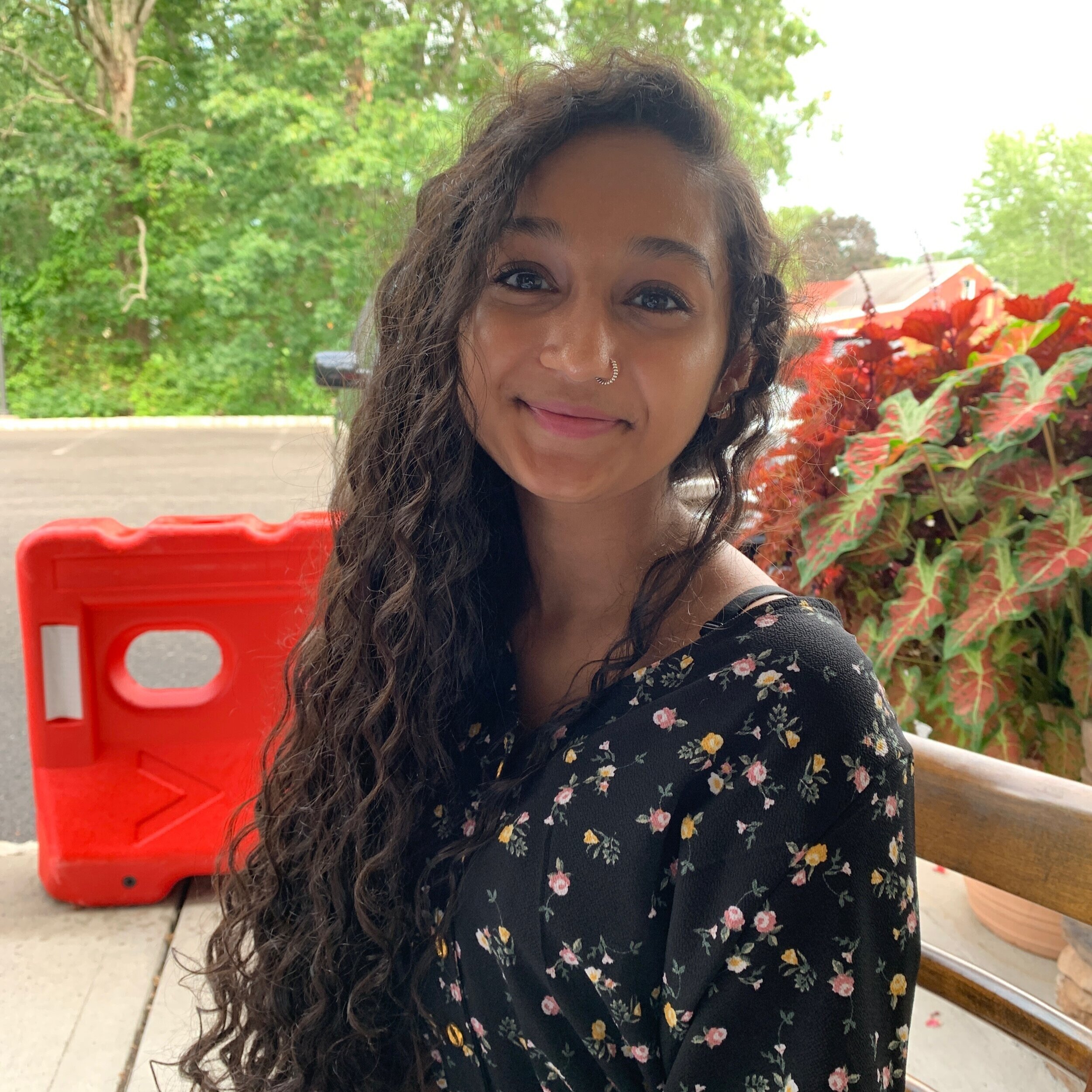Fighting for Equality: Baby Boomers to Gen-Z
Art
LegacyNOW is a digital arts and humanities project created from the oral histories of leading second wave feminists from the National Organization for Women-New Jersey, conducted by New Jersey teens just coming into the movement. New Jersey-based theater artists were commissioned to create new digital performances based on these experiences, and include a diverse group of five female-identifying playwrights: Karen Alvarado, Stephanie Bond, Aizzah Fatima, Angela Kariotis, and Antu Yacob. Their projects range from scripted scenes, to monologues, to performance poems. Starting October 22, these new works will be made available on coLAB Arts’ social media (@colabarts) and the coLAB Arts website (www.colab-arts.org/legacynow) on a rolling basis up to and through the election on November 3.
Advocacy
The Feminist Movement is once again on the rise as it is being embraced by Generation Z. While their issues might be different – climate justice, menstrual equity, campus sexual assault, rights for gender fluid persons – there are common threads like the Equal Rights Amendment, bodily autonomy and reproductive rights that bind them to the second-wave feminists. Yet there is a generation gap – the young feel that they are able to organize better with technology and social media and that the older feminists don’t understand their issues. These pioneer men and women who fought for gender equality, have put a lifetime into the cause and are eager to pass on the torch, but worry their opinions are unwanted. They are apprehensive that without knowledge of their struggles, the difficulties and inequality they faced, the new generation will be unprepared for what may lay ahead. To bridge the gap – New Jersey NOW brought a group of seasoned members together with a cohort of young feminists just starting their journey. The young women, already active in the movement in different organizations such as Generation Ratify, NOW and Period, Inc. were comprised of high schoolers, college students and recent graduates. They were each tasked with recording oral history from an experienced activist who has been on the frontlines of the fight for women’s rights in this state and beyond for half a century. The shared experience and dialogue allowed the young feminists to learn about the past, so they can work towards changing the future, underlining the need to continue the fight.
These are their stories…
The Artist Response Projects
Creative interpretations of the original oral histories.
The Participants
Artists, interviewers, and oral history narrators
The Oral History Archive
Here you can find all of the original verbatim transcriptions of the oral history interviews of second wave feminists conducted by gen z interviewers. You can click on “read more” for the complete transcript.
Take Action
This project takes great pride in bringing together artists and activists to honor important historic movements in our state. Check out the campaign initiative with advocacy partner, National Organization for Women of New Jersey.
legacyNOW action to pass RFA
Contact Your Legislators to Support the Reproductive Freedom Act
The Reproductive Freedom Act (S3030/A4848) secures a future for all New Jerseyans that safeguards reproductive care, upholds basic rights and justice, and respects personal decision-making throughout pregnancy. It protects and expands access to birth control and pregnancy-related care including abortion by breaking down medically-unnecessary restrictions that only serve to block access to care. Passing the Reproductive Freedom Act will help protect and expand everyone's ability to receive time-sensitive reproductive health care, such as birth control and pregnancy-related care, including abortion. Take action today by telling your legislators to pass the Reproductive Freedom Act in New Jersey today!

















Dr. Julia Sass Rubin, Edward J. Bloustein School of Planning and Public Policy at Rutgers University
For much of the history of the United States, women had many fewer rights and privileges than men. Laws did not allow women to vote and prohibited married women from controlling their property. Women also were severely limited in their educational and career opportunities.
The US feminist movement emerged in response to these restrictions, which discriminated against women in all spheres of their lives. The movement is commonly described as having multiple phases or waves. The first wave was in the late nineteenth and early twentieth centuries, culminating in the 1920 adoption of the Nineteenth Amendment to the US Constitutions, which gave women the right to vote.